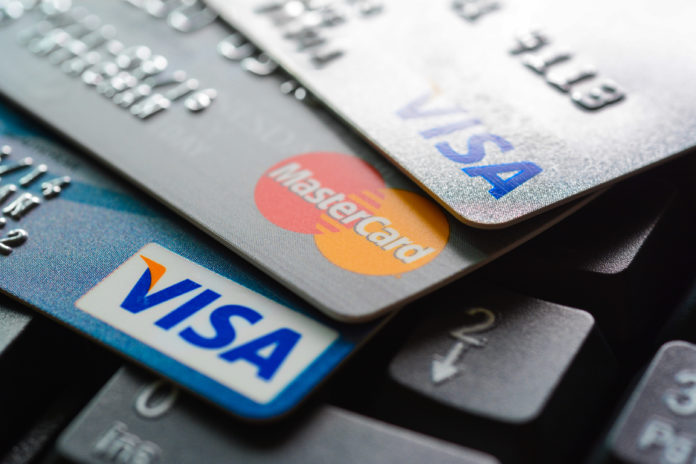An elderly Nanaimo woman was scammed out of $15,000 last week in an incident of chartered bank fraud that was tied to the purchasing of gift cards.
On Tuesday, January 3rd, a suspect called the victim and told her he was an investigator working for CIBC.
Police say he told the victim that she needed to buy $15,000 in gift cards as a test to see if her VISA/debit card was working as intended.
The woman did as the suspect instructed her to, and purchased the $15,000 in gift cards from Nanaimo businesses where the man told her the gift cards were available.
According to police, she then spent several hours taking a taxi around Nanaimo to purchase the cards.
Nanaimo RCMP say when she got home, she was called again by the fraudster who had her read off the 10-digit codes on the backs of the cards, giving him access to the money.
Soon after this, she realized she had fallen victim to a scammer.
Currently the woman who fell victim is working with her bank to try and recover her money.
Canada’s National Anti-Fraud Centre recommends the following steps to avoid falling victim to a scam such as this:
- Don’t be afraid to say no – request the information your caller wants in writing or just hang up the phone
- Ask for verification – banks and government organizations don’t typically ask for money over the phone. Ask for some verification regarding who your caller says they represent
- Don’t give out your personal information over the phone unless you made the call to an organization you trust. Don’t give out:
- Your name
- Your address
- Your birthdate
- Your Social Insurance Number (SIN)
- Your credit card or banking information
- Beware of “upfront fees” – some scammers will ask you to pay fees before receiving a prize, shipment or a service. This is illegal in Canada. If you win something, it is free
- Protect your computer – don’t click on random pop-ups in your internet browser and don’t call any phone numbers that pop-up. These put your computer at risk of viruses that may be able to share your personal information
- Be careful of sharing pictures – especially when it comes to expletive content. Do not share anything someone might be able to use as leverage against you
- Protect your accounts – have strong passwords, use multi-factor authentication, only log into accounts from trusted sources and don’t share personal information on social media
- Recognize spoofing – scammers will clone emails, phone numbers and websites to try to make you think they are contacting you from a trusted source. To protect yourself from spoofing you should:
- Never assume phone numbers on your call display are accurate
- Hang up then call back a number when someone claims to be contacting you from your financial institution, service provider, law enforcement or government agency
- Call the company or agency in question directly if you receive a text message or email. Make sure you research their contact information and call the number on their website
- Never click on links received via text message or email
- When visiting a website, always verify the URL and domain to make sure you are on the official website
Lastly, it’s important to look out for one another. If an elderly person or anyone for that matter tries purchasing a large amount in gift cards or if something seems suspicious and you are a witness.
Try talking to them and make sure they aren’t falling victim to a scam.



